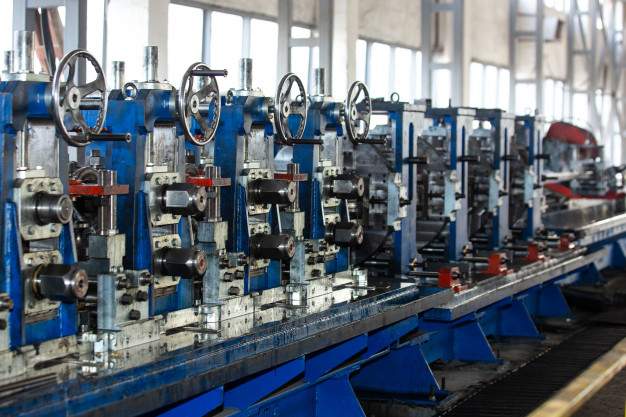9 Tips for Selling Used Machines Through Industrial Equipment Auctions

Machinery is the backbone of the manufacturing industry. It increases the efficiency of staff and business processes. However, sometimes you may need to sell used machinery to update your operation or make space for another tool.
Some options are to sell the machines yourself. Show them to a machine merchant. Exchange them for new gear. And, sell them through a pre-owned machine seller. An auction is one of the most popular methods of selling used machines. It is beneficial when you need to unload several different pieces.
There are a few reasons you should sell your used machines at a used industrial machinery auction. The following tips will help you land a profitable deal.
1. Know Your Equipment’s Worth
First of all, do some research on the possible value of the machine by looking up the going rates for similar machines. With this data, come up with a value for your equipment. By putting a realistic price on your machine, you can arrange a sale and still get a good deal out of it.
2. Explore Multiple Selling Methods
The kind of equipment you are selling, its condition, and how quickly you need to sell it are important factors in determining your selling strategy.
To figure out which selling method is appropriate for you, learn the advantages and downsides of basic machine-selling methods. These include modern machine exchanges, used sell-offs, used industrial machinery auctions, machine vendors, machine manufacturers like Giddings and Lewis, and private dealers.
3. Consult an Expert
Talking with a qualified sales rep about the best selling method for your machine can help you get the highest profit. It’s tempting to try to figure it out on your own, but a sales rep will save you a lot of time and cash.
This is especially true if you are selling a lot of equipment and don’t have a dedicated go-between with prior experience in selling equipment and industrial machinery.
4. Refurbish the Machinery
Restoring a used machine can often yield good returns when you’re selling a piece of heavy industrial equipment.
The condition of the machine can either blow a deal or pull in a higher offer. So, prior to selling, consider refurbishing your machine. This typically involves replacing old parts, cleaning and oiling mechanisms, fixing glass, replacing decals, painting, and other things. Usually, refurbishment brings huge returns.
5. Target Buyers Wisely
We recommend that you consult with multiple machine resellers, but don’t favor quantity over quality.
A machine merchant that effectively markets to a large network of equipment buyers should demonstrate a knowledge of the industries the machine will be most useful in. Promoting the equipment yourself can be tedious, so employing the expertise of a qualified merchant with a good track record can help save time and effort, and bring in cash.
6. Be Transparent
It is critical to provide potential buyers with detailed photos and information related to your equipment. The photos must show the condition of the machine, including the interior, motor compartment, and different components.
Remember, buyers value full disclosure when it comes to making an investment in equipment. They will avoid purchasing equipment that they can’t inspect or test directly.
Deal with a sales rep who can distribute information about used industrial machinery auctions to prospective buyers online, as well as work with local buyers.
7. Exploit Tax Breaks
If you work with an organization or are a citizen of the United States, you might have the option to defer taxes through a like-kind exchange. The Internal Revenue Service allows you to defer taxes when you reinvest gains produced when you trade old machines for replacement equipment.
8. Limit Uncertainty
When selling any major equipment, don’t wait too long to get the payment, especially if you need the money to buy new equipment.
The machines market can change, with costs increasing or decreasing. If you want cash immediately, you will need to follow up on a profitable arrangement and limit interruptions in your business by choosing a selling method that offers certainty. By knowing the specific date of the exchange, you can eliminate uncertainty and limit your vulnerability.
9. Set Up a Relationship for Future Trading
If you have a fleet of equipment that you will be changing every three to five years, you would do well to find an agent you can trust. The more you work together, the better the business results you can ultimately reap.
By building a strong relationship, you can guarantee better exchanges in the future, whether you sell machines regularly or simply need an update on the market.
Conclusion
Selling heavy machinery can be quite time-consuming, and it’s often hard to get the price you want for it. These tips are intended to make the whole process easier. Keep them in mind when you try to sell your used machinery in an industrial equipment auction.







